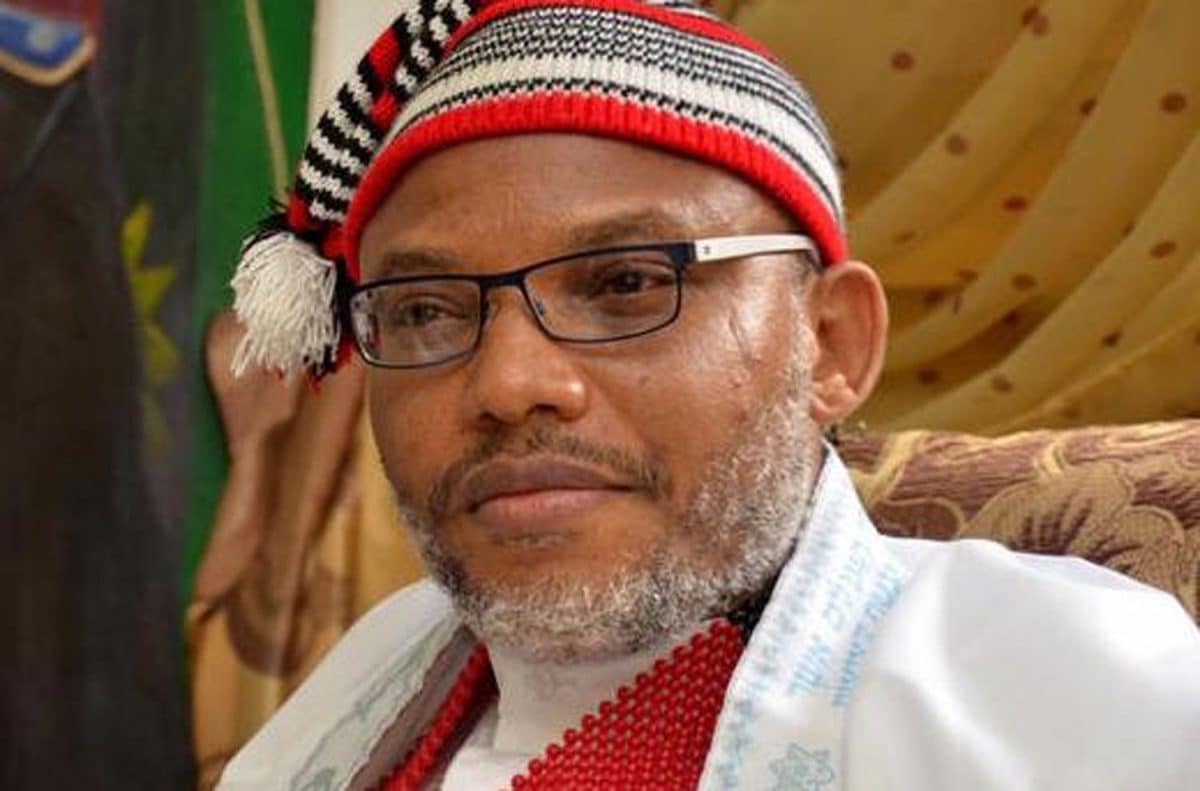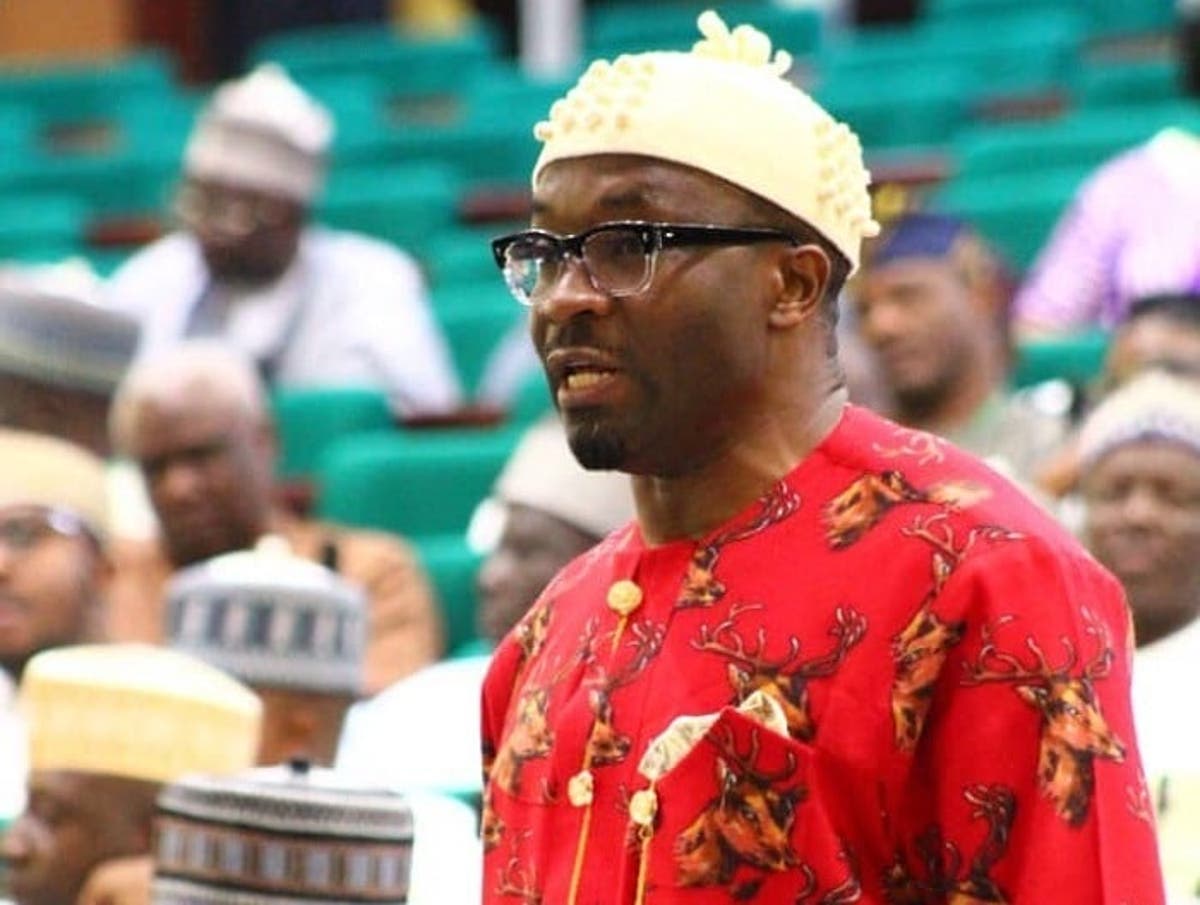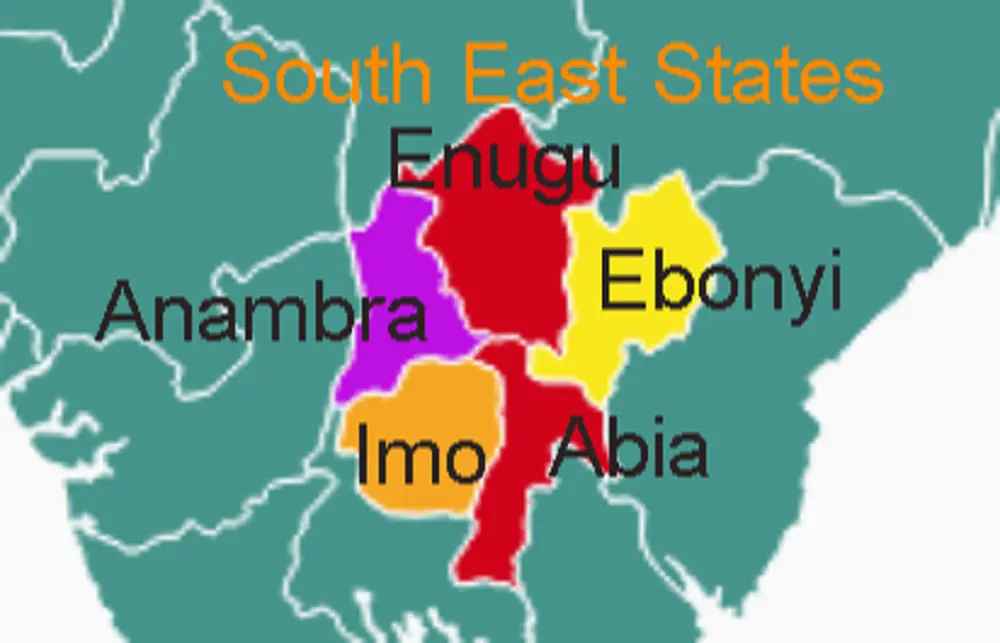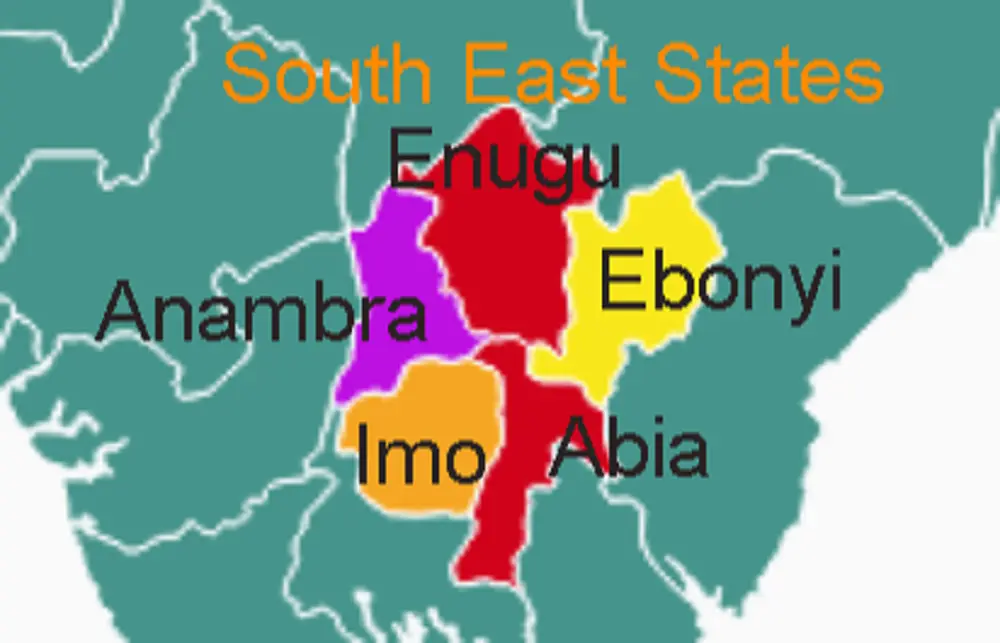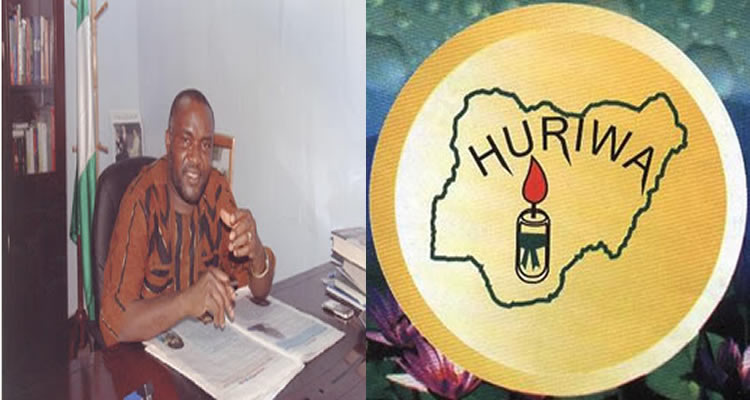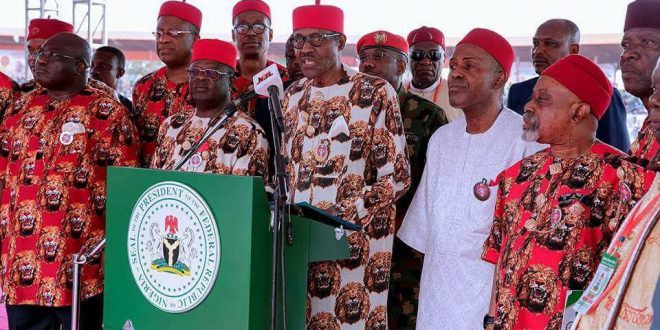By Okechukwu Keshi Ukegbu
Security experts and analysts across the country, even beyond, are yet to come to terms with how the once peaceful South East region of the country has descended to a haven if insecurity with attendant killings, maiming, kidnapping, abduction and other forms of criminalities. The atrocities are crying to high heavens and have reached a pitch and feverish level.The region seems to be in a situation of helplessness as all manner of criminalities seem unabated. More worrisome is that for many years, south-east Nigeria was considered the safest geopolitical zone in the country. The five states — Abia, Anambra, Ebonyi, Enugu, and Imo — that form the zone had recorded the least spate of violent attacks in comparison with other parts of the country. For instance, in its 2019 report, Nigeria Mourns said the south-east recorded the least number of reported killings with 94 deaths, while the south-west recorded 157 deaths, followed by south-south with 341 deaths. North-central recorded 469 deaths and the north-east had 1009 while north-west had the highest with 1,118 deaths.
In the last count, governors of the zone had touted some measures to curb insecurity and provoke development in the region, but these failed like a pack of cards. Maybe, for political reasons, which may not be far-fetched from political differences.One of such measures was the South East Regional Integration project,which some of the mandates include to strengthen trade in the region; to create an appropriate enabling environment for private sector development; to develop infrastructure programmes in support of economic growth and regional integration; to develop strong public sector institutions and good governance.Among these proposed mandates, security was the centrepiece. These initiatives toiknplace in 2017. Unfortunately, however, five years down the lane, nothing serious has come out of the initiative, rather, insecurity is staring the faces of some of the states menacingly and if nothing is done, as a matter of urgency, the states may slip more dangerously into situations like some of the Northern states, especially the North East and North West.
Under the period under review, in a meeting attended by governors of the region and their representatives then, critical attention was accorded to issues such as kidnapping and menace of the herdsmen.There were enough early warning signals and one could attribute the present security situation to inability of our security agencies to sample their competence on intelligence. Like a security analyst succinctly puts it”Really, we are sitting on a keg of gun powder and the detonation may be more imminent than we expect. On this note, let the South East governors revisit the earlier regional integration, fashion measures to collaborate and tackle this menace called insecurity headlong”.
Indeed, it does not require the services of a soothsayer to note that the region is sitting on a keg of gunnpowder.The Awo Omamma killing has increased public condemnation on Ebubeagu, which was seriously fingered in the killing, despite concerted efforts by Imo State Government to hoodwink and convince Nigerians that the atrocities were not committed by the outfit. When that kite could not fly, Imo state government did an instantaneous u-turn and labeled the victims members of Eastern Security Network, a claim which Indigenous Peoples of Biafra instantly punctured. IPOB insisted that the victims were murdered by Ebubeagu.
In another u-turn, Imo state government linked the Department of State Security (DSS) with the killing. According to state commissioner for information and strategy,Declan Emelumba “We all know that security agents do not just descend on innocent people and murder them in cold blood. Being mindful of the fact that their primary responsibility is to protect the citizens, they only use force or deploy their weapons in extreme cases, especially when they are threatened or their lives are in danger.
“Exceptions can be made for isolated incidents of accidental discharge, or when a drunken officer or one with mental health problems goes berserk. Even in these circumstances, 14 innocent people cannot just be slaughtered as if they were goats. It would even take a certain degree of callousness to shoot and kill 14 goats. Yet, that is the narrative that detractors and political opponents of the government of Imo State have been feeding the public since the unfortunate events of Sunday, July 17 when the Department of State Services stormed the camp of members of the Eastern Security Network in Awo Omama, resulting in the exchange of gunfire and the killing and arrest of some people”.
This claim was equally punctured by one of survivors of the incident it was his brother’s marriage ceremonies that the victims attended. The survivor was reported thusly:”As we finished the traditional wedding ceremony, we set out to go on four motorcycles. Three motorcycles were ahead of us while we rode behind. Suddenly, the Ebubeagu people opened fire and killed the ones ahead of us. As I noticed that, I told the rider of our motorcycle to make a turnaround and the Ebubeagu people came after us.
“As we sped, we got to a road bump and fell. They caught up with us and immediately shot the rider dead and shot the other person on his arm. I immediately started shouting, telling them that we were not criminals or ESN people. As they approached, I identified their leader and asked him not to kill me. One of them had already cocked his gun to shoot me but he ordered him to stop. I was bundled into their operational vehicle, tied and blindfolded.
“They took me to their camp at Omuma and locked me up. I kept telling them that I was not a criminal that my immediate younger brother had his traditional wedding and we were returning home from Awo Omamma. They then brought me out and asked me to take them to the venue of the traditional marriage. We went there and they equally took me to the compound of our traditional ruler and later brought me back to their camp where I spent the night”.
As insecurity continues to ravage the zone, prominent figures, including the husband of late Dora Akunyili have been felled by the assassins bullets. Living in the South East now, especially some locations that are major flash points is a nightmare. Some fingers are pointing seriously on the direction of Ebubeagu for the spate of insecurity ravaging the zone.
Ebubeagu was originally conceived as a regional effort, just like Amotekun in the South West, to tackle insecurity in the region. But unfortunately, the idea of the outfit morphing into a central security outfit was truncated as Ebonyi and Imo adopted a different operational methods unlike the rest of the South East states. The situation has degenerated to the point that Ebonyi and Imo states are blamed of deploying the outfits to instruments of intimidation to suppress political opponents.
There are continuous harp by security experts and analysts for a coordinated and uniformed efforts by the various Ebubeagu outfits in the states. One of such commentators, Kingsley Nnajiofor, blamed it on “the carefree attitude and poor leadership of the current South-East governors, adding“one had thought that the growing problem of insecurity in the zone would spur the governors to unite and fight it together. For instance, if the governors of Imo and Anambra are cooperating, the frequent infiltration from Imo State Ebubeagu outfit into Anambra to cause havoc, will not be happening. Because of the proximity of the two states, the border local government areas in Anambra State have become so insecure.”
This is as Dr. Freedom Onuoha, a lecturer and security consultant opines that “the governors should make room for regional recruitment structure, training and evaluation of the Ebubeagu personnel before deploying them. A regional Ebubeagu would help to standardise the outfit so that operatives can easily interface across the region to check security breaches”.According to him, a well designed structure for the outfit would help to reduce political manipulation of the personnel by the governors. “If the governors of the South-East are going to get it right with Ebubeagu security outfit, there should be a regional structure that would deal with the whole issue of recruitment, training, standard, and evaluation of the security personnel before deployment.
“That way, they would be operating as a regional force, even though their areas of responsibilities might be circumscribed by each state.
“But then, the criteria for recruitment, the training and the nature of deployment would be so standardized across the states, such that the personnel can easily interface in managing security situations in the South-East states. This would reduce the chances of political manipulations, especially, by the governors.
“However, if each of the governors decides how to go about Ebubeagu recruitment, structure, training and evaluation, it would be very easy for the governors to manipulate them.
“I am not surprised that many of the personnel have been accused of excesses and extra-judicial killings of innocent people in Ebonyi and Imo states due to the way their operations were structured. It is a good idea but the operational structure is faulty,” Onuoha said.
Recently, members of Ebubeagu outfit are not prime targets of gunmen. A prominent incident is the killing of a member of Ebonyi State Command of the security outfit, identified as Mr Sunday Izhikpa. The victim who hailed from Nduakparata Igbeagu in Izzi local government of the state was reportedly killed at his duty post, Mkpuma Ekwa-oku in Izzi LGA of the State.
It will be recalled that one of the fallouts of the EndSars protests in the South East was armed elements invading security formations, sacking them and carting away arms and ammunitions.
This trend put Imo State in a very precarious situation. On April 5, 2021, gunmen attacked the Imo police headquarters and correctional service. The gunmen reportedly freed at least 1,844 inmates during the attack and also looted the police armoury. Mohammed Adamu, the the Inspector-General of Police, in his reaction to the incident accused the security arm of IPOB, Eastern Security Network, ESN on the incident
Reacting to the incident, Mohammed Adamu, the then inspector-general of police, had accused IPOB’s armed unit – ESN – of being culpable. Some hours after the attack, Kanu, IPOB’s leader, posted a tweet saying nobody deserves to be in a prison in Nigeria.
While IPOB denied the allegation, a tweet by the IPOB leader, Mazi Nnamdi Kanu:“If Miyetti Allah terror herdsmen & other murderous #Fulani groups, including Boko Haram insurgents, can be arrested, freed and rehabilitated by this neo-colonial Fulanised @NGRPresident, then no single soul deserves to be in any prison in Nigeria. If you know you know! #UGM,” contradicted the denial.
The tweet continued:“Unknown gunmen are different people which we don’t know and they are not IPOB or ESN security outfit,” IPOB spokesperson had said. Gunmen unleashing deadly attacks in the region are described as “unknown gunmen” in the media and public discourses. But many believe the so-called unknown gunmen are ESN/IPOB operatives, drawn from dissatisfied youth in the zone where unemployment and feelings of marginalisation are widespread.
Since arms and ammunitions started circulating in the hands of disgruntled elements, law and order in the South East have dipped far below. Cult rivalries and cult related killings have skyrocketed. The most prominent is the Ebenebe Massacre”. In this incident, armed elements invaded a burial ceremony in Ebenebe, an Anambra community and killed almost scores of persons who attended the burial ceremony. The burial ceremony was turned to a double tragedy.
According to sources, a prior warning was issued to the bereaved family to desist from holding the burial ceremony because of the alleged atrocities the deceased committed during his life time. But these warnings and threats felled on strong ears and dozens of lives paid dearly for this obstinacy.
There is a near consensus that the amassing of arms and ammunitions for illegal purposes is a major contributor to high level insecurity witnessed in the zone. A public affairs commentator who would not want his name in print agrees that” until those arms and ammunitions amassed by disgruntled elements during the periods when security formations in the South East were gruesomely attacked are traced and mopped, the security situation in the zone will continue to deteriorate.
All the same, among the South East states, Abia has enjoyed relative peace as there are no escalations in violent crimes in the state save for pockets of kidnappings and hostagebtakings at some locations baling Port-Harcourt- Enugu expressway. These crimes are allegedly linked with Fulani herdsmen, especially those involved in cattle business along that route. To check this menace, the state government recently demolished some shanties suspected to serve as hideouts for these criminals.
Since the state took some proactive measures to address the issue, the incidence kidnappings and hostage takings have dropped drastically. Analysts are of the opinion the why relative peace and security are enjoyed in Abia is because of the approaches adopted by Gov. Okezie Ikpeazu to address security issues. It will be recalled that before the advent of Gov Ikpeazu’s emergence as governor of the state, the state, especially Aba, the commercial hub, was a haven for all manner of criminals, especially kidnappers, that the state was almost sacked.
Another school of thought is attributing the descent to near anarchy in the South East to the activities of Easter Security Network, ESN. The opinion is the renewed secession struggles of of IPOB which have gone violent and radical and the attendant countermeasures by government to check them have escalated insecurity in the region.
ESN was established in December 13, 2020. And according to the leader of IPOB, Nazi Nnamdi KANU, the mandate of the group was protect the region against criminal activities, especially from the herders.
Adding his voice to justify the existence of ESN, Emma Powerful, IPOB’s spokesman, noted that the objective of the network is to protect the south-east from “criminal activity”, adding that ESN is a replica of Amotekun, a security outfit established by the governors of the south-west to curb insecurity in that geopolitical zone. But ESN has been blamed for escalating attacks on civilians and government facilities and security personnel in the south-east.
Recent data from Council on Foreign Relations (CFR) and media reports show that killings in the south-east rose by 555.7 percent between 2020 and 2021 and opposes the claims that ESN was created to check insecurity in the South East.
Freedom Onuorah, a security expert, contradicting claims by IPOB leadership blames the “dramatic deterioration of security in the south-east” on the activities of IPOB/ESN.
According to him, ESN was set up to combat activities of “herdsmen” allegedly responsible for the attacks on rural communities — but the use of force against the outfit by security operatives and designation of IPOB as a terrorist group complicated the situation.
He said the attack on the Imo prison triggered the regrouping of former criminals.
“The emergence of the Eastern Security Network (ESN) of the IPOB is implicated in the raiding of some forest to confront some Fulani herdsmen allegedly responsible for the attacks on rural communities in the south-east,” Onuorah said. “However, the manner in which federal security forces went after the ESN complicated the situation as it became difficult to identify the ESN group and their command structure.”
The security expert submitted that the continuation of the sit-at-home in the south-east despite its suspension by IPOB shows the group has “lost control” of its men in the zone.
He suggested that the federal government should dialogue with IPOB and seek a “negotiated settlement” for Kanu who is currently in the custody of the Department of State Security (DSS).
He further encouraged south-east governors to set up a “robust regional” security outfit that will prioritise the activation of community-driven early warning system, and enhanced identification of residents or visitors.
However, experts are of the view that for the insecurity presently bedevilling the South East to be tackled headlong, governors of the region must show genuine commitment, honesty and sincerity. There should be a collaborative efforts among them and political differences must be jettisoned. If not, according to an expert, it will amount to the proverbial man who chases mice while his house was on fire.
It is further suggested that the activities of Ebubeagu must be defined, coordinated, and articulated. Expert opinions further suggest that all forms of operations by ESN should be strictly checked, while the arms and ammunitions in illegal circulation should be urgently mopped up.
Another laudable suggestion is that security agencies in the region should engage more in intelligence approach to security, among other suggestions.

